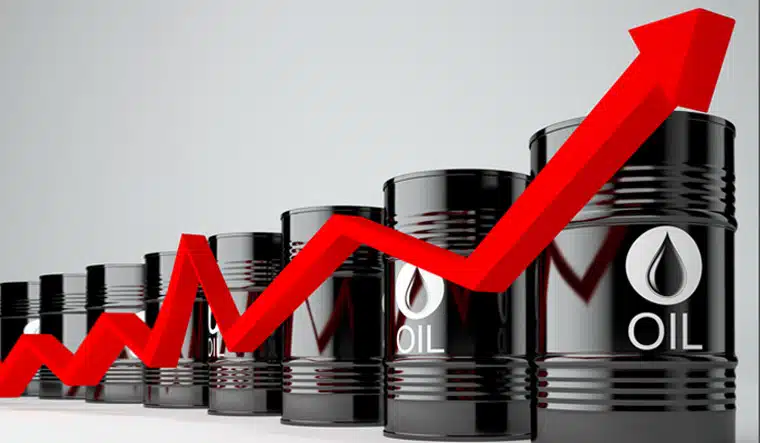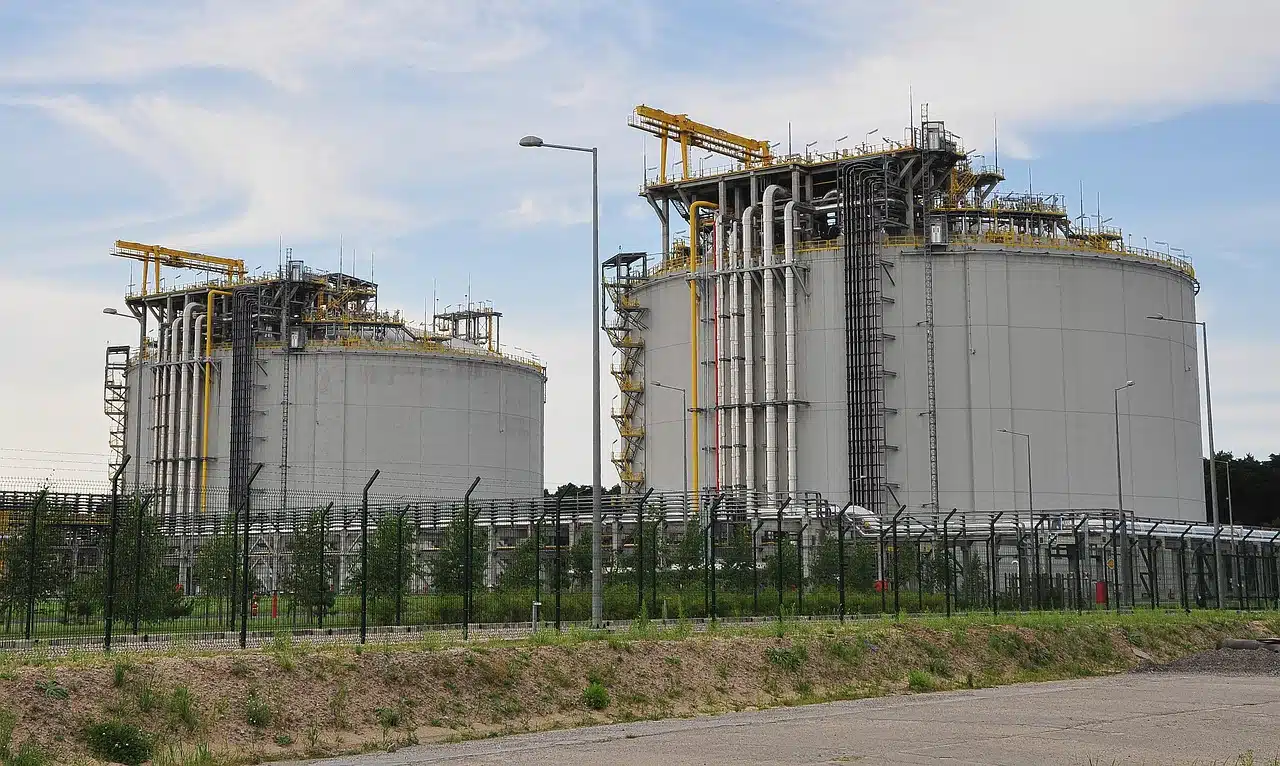Global oil prices rebounded on Tuesday, recovering from multi-week lows as supply disruptions in Libya outweighed concerns about weaker demand due to economic challenges in China and warm weather conditions in the U.S.
Brent crude oil futures climbed 91 cents, or 1.2%, to $77.99 per barrel as of 1417 GMT, while U.S. West Texas Intermediate (WTI) crude futures rose 95 cents, or 1.3%, to $74.12.
Both benchmarks had hit their lowest levels in several weeks, with Brent closing Monday at its weakest since January 9 and WTI at its lowest since January 2.
Protests in Libya disrupted operations at the Es Sider and Ras Lanuf oil terminals, halting about 450,000 barrels per day of exports, according to engineers and a shipping source who spoke to Reuters. The disruptions sparked fears of further instability in the region’s oil supply.
John Evans, an analyst at oil brokerage PVM, noted that Libya’s oil production remains vulnerable to such incidents.
“If this disorder spreads, which is not unusual when Libya’s oil industry is held to ransom by one group or another, the current National Oil Corporation production of 1.4 million barrels per day could be at risk,” he said.
China’s Demand Concerns and U.S. Weather Impact
On the demand side, China’s economic challenges continued to weigh on market sentiment. The world’s largest crude oil importer reported an unexpected contraction in January’s manufacturing activity, raising doubts about global crude demand growth.
IG analyst Yeap Jun Rong explained, “The weaker Chinese manufacturing data adds further uncertainty to China’s oil demand outlook, contributing to caution in the market.”
Additionally, U.S. sanctions targeting Russia’s oil trade have affected China’s crude imports. Independent refineries in Shandong are struggling with reduced supply, and several have halted operations due to losses exacerbated by new Chinese tariff and tax policies.
FGE analysts suggested that refineries in Shandong could face a shortfall of up to 1 million barrels per day in the near term.
Meanwhile, forecasts for warmer-than-usual temperatures across the U.S. this week are expected to reduce demand for heating fuels. This comes after extreme cold weather previously led to spikes in natural gas and diesel prices.
Market trends and Uncertainties
The oil market’s recovery has also been shaped by volatility in global financial markets. A surge in interest surrounding an artificial intelligence model launched by Chinese firm DeepSeek added pressure on broader market sentiment.
Ashley Kelty, an analyst at Panmure Liberum, stated, “Oil markets remain jittery, and it will take time to fully assess the impact of U.S. policies, including tariffs and sanctions, on global energy trade.”
While supply disruptions in Libya have provided short-term support for prices, analysts warned that uncertainties surrounding China’s economic growth and U.S. policies could continue to affect oil market dynamics.









